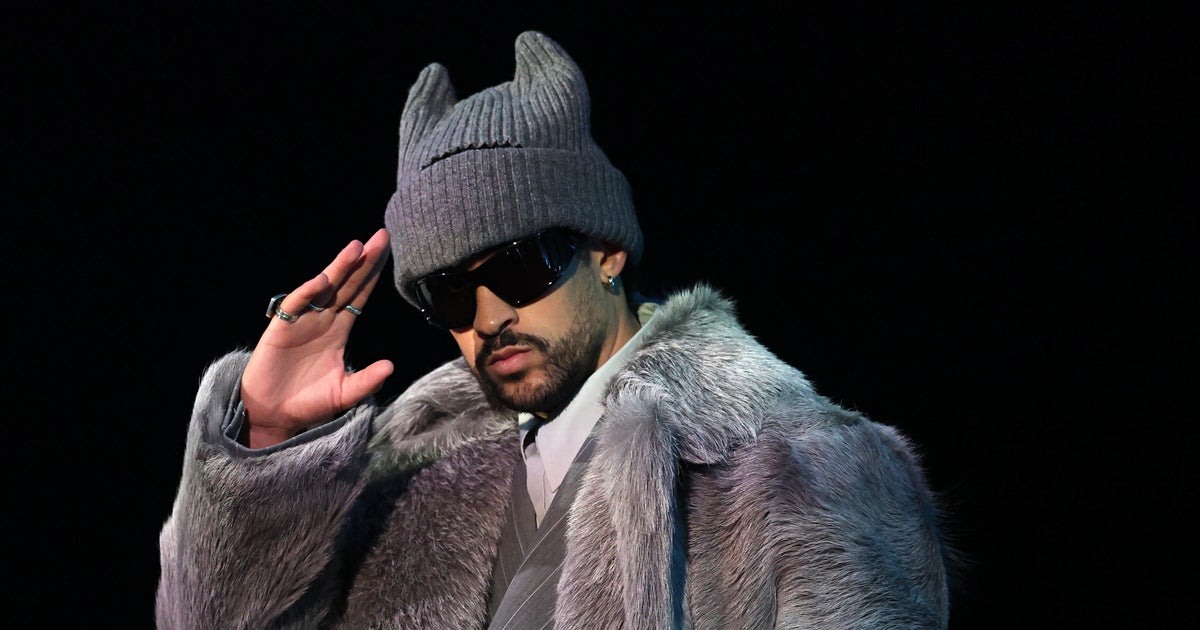Apple hears the call of smart speakers
Count Apple (AAPL) among the growing list of tech titans that want to listen to your voice.
As demand for personal computers and smartphones ebbs, the company is joining Amazon (AMZN), Alphabet's (GOOGL) Google, Microsoft (MSFT) and Samsung in selling so-called smart audio speakers. And no wonder: Many tech watchers view the technology as nothing less than a gateway into people's increasingly connected homes -- and into their pocketbooks.
eMarketer estimates 35.6 million Americans will use voice-enabled speakers such as the Amazon Echo or Google Home at least once a month, an increase of 129 percent over last year. Amazon Echo was introduced in 2014, and uses Alexa, the artificial intelligence system. The device already controls 70 percent of the digital assistant market even though it debuted three years after Apple unveiled its Siri digital assistant.
As MoneyWatch's sister site CNET noted, SIRI was slow to improve its voice-recognition technology, which made it less responsive than either Alexa or Google Assistant, which debuted in November. Apple aims to make up that lost ground with the $349 HomePod introduced yesterday. Success, however, is hardly a given.
For one thing, HomePod won't be available until December. Amazon Echo and Google Assistant also are cheaper. A basic Echo model costs $180, and a video-enabled device dubbed Echo Show will be available for $230 starting June 28. Google is currently offering the Google Assistant on sale for $109.
It's a risk that the Cupertino, California-based Apple needs to take because it gets most of its profits from the iPhone, whose demand has flatlined in recent years. A recent survey from UBS found interest in the upcoming iPhone 8 model to be tepid. IDC expects worldwide smartphone shipments to rise 4.2 percent this year, which is a rebound from the record low 2.5 percent gain a year ago but well under the double-digit increases of past years.
The market for connected devices, by contrast, is booming.
According to McKinsey & Co., the number of connected homes is expected to hit 29 million this year, nearly double the 17 million in 2015 as improvements in voice-enabled technology make it easier for the average person to control everything from their home's temperature to the volume of their music -- and maintain access to content and their calendars, among other things.
People with smart speakers can use them to control home appliances such as toasters, refrigerators and clothes dryers. A forecast from IHS estimates that by 2020 more than 223 million smart "units" will be shipped, representing a compound annual growth rate of 134 percent over five years.
And you can bet Apple will compete as strongly as possible for a piece of that action.



